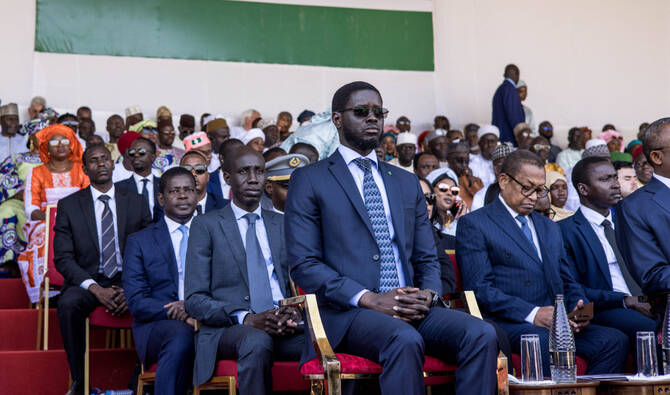
A donation of over 30 laptop computers by the United States Embassy to Senegal’s Financial Judicial Unit (PJF) has sparked heated debate in Dakar, raising questions about judicial sovereignty, foreign influence, and institutional capacity.
Since its establishment in September 2024 under Law No. 2023-14, the PJF has emerged as a key force in Senegal’s fight against economic crimes.
Tasked with replacing the now-defunct Court for the Repression of Illicit Enrichment (CREI), the unit has handled nearly 300 cases and recovered over 15 billion CFA francs in assets. Its work focuses on major crimes such as corruption, money laundering, and illicit financing.
In this context, the US Embassy’s gesture was officially described as logistical support meant to bolster the PJF’s technical capacity in processing complex investigations.
American diplomats framed the donation as part of a broader collaboration involving entities like the United Nations Office on Drugs and Crime (UNODC) to professionalize judicial services in the region.
But not all reactions have been positive. Senegalese lawyer Pape Djibril Kanté, widely known as Karl Pape, criticized the donation as symbolically degrading.
“An institution as strategic as the PJF should not depend on a foreign partner to acquire basic computer equipment,” he argued. On social media, skeptics echoed this view, questioning how a body expected to dismantle sophisticated financial crime networks could lack such fundamental tools.
Cybersecurity experts have also voiced concerns about the integrity of imported hardware, warning that using foreign-donated devices in high-sensitivity judicial work could present significant data security risks.
Many are now calling for comprehensive audits of the devices before integration into any official systems.
The controversy reflects a broader tension between pragmatic international cooperation and the imperative to preserve institutional independence.
While foreign partnerships can bring vital resources and expertise, they can also trigger perceptions of undue influence or vulnerability in critical state functions.
For the PJF, this episode may represent a pivotal moment.
Beyond the practical value of the laptops, the incident raises a deeper question: are national institutions sufficiently resourced to carry out their mandates without compromising autonomy? In a climate where issues of governance and transparency are under intense public scrutiny, the symbolism of a computer has become a focal point for a much larger conversation.



